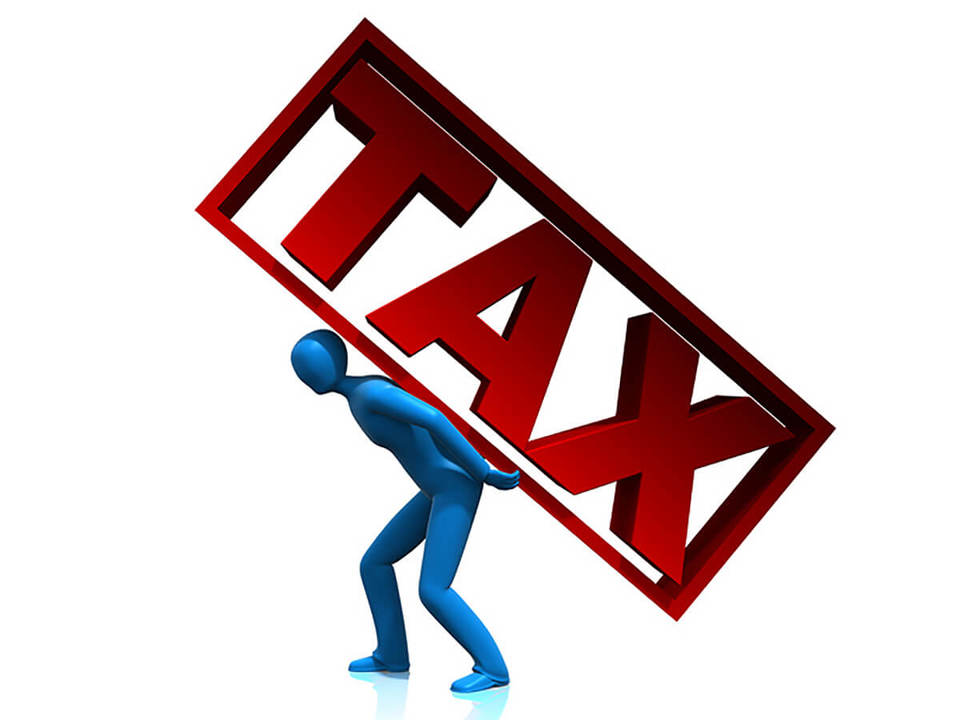Businesses are potentially wasting hundreds of millions of pounds supporting a ‘zombie benefit’ that could be costing employees money, official figures suggest.
HM Revenue and Customs (HMRC) has revealed that nearly a quarter of a million drivers continue to receive free fuel for private mileage, which is so heavily taxed that in many cases it costs more to provide than the actual value of the fuel used.
More than a decade of tax swipes at the benefit have driven down the number of drivers receiving it by just over 41% since 2004, according to analysis.
However, 240,000 drivers still receive free fuel for private mileage. They pay £250 million in tax for receiving it and their employers also incur a £100m tax bill for National Insurance Contributions (NIC) in addition to the cost of the fuel.
This would require every driver to cover around 8,500 private miles a year just to break-even and more than double that distance to justify the costs involved in providing and administering the benefit.
With the typical driver covering around 6,000-7,000 private miles a year, for many free fuel costs more in tax than the actual benefit received, making it a so-called zombie benefit.
Drivers pay almost £2.5 billion in tax to receive free fuel
Since 2004, drivers have paid almost £2.5 billion in tax to receive free fuel and employers have paid a further £1bn, in addition to the cost of fuel.
Drivers are taxed on a percentage of a set value for receiving free fuel for private mileage. For the 2012/2013 tax year, it is £20,200. Drivers pay tax on a percentage of this amount. This percentage is defined by their car’s CO2 emissions.
On average, the tax liability incurred by drivers is £3,290, up 18% since 2004, on which they pay tax at their normal rate (either 20% or 40%).
HMRC figures show that 61% of drivers who receive free fuel for private mileage fall into the higher tax band, meaning they incur a higher tax charge (and the employer has a higher NIC bill), so they have to cover more miles just to break even.
An investigation by Sewells Research & Insight has revealed that most companies report substantial benefits from removing free fuel.
Fleet operators who had removed the benefit said it saved money for both the company and employees.
The research found that 68% of companies reported a drop in spending on fuel, while 56% said private mileage fell and a quarter said business mileage fell.
Able to identify further savings
In addition, companies tended to monitor their business mileage more closely as a result of the changes and were able to identify further savings.
The main driver for employers to remove fuel is costs. This isn’t simply cost savings, but the realisation in many companies that the size of the investment in providing free fuel far outweighs the final value of the benefit received by employees.
If companies can see the savings to be gained by removing free fuel, particularly if most employees aren’t actually benefiting financially, there is a strong argument for removing it in favour of a different, more cost-effective alternative.
However, Sewells also found that businesses could face significant barriers when considering the removal of free fuel for private mileage.
These include employees resisting change and the need to take an even-handed approach because the benefit will be worth a different amount to each employee, depending on their private mileage.
As a result, companies that had succeeded had followed a detailed decision-making process that encompassed many areas of the business including senior management, drivers, HR, finance and communications.
















Login to comment
Comments
No comments have been made yet.